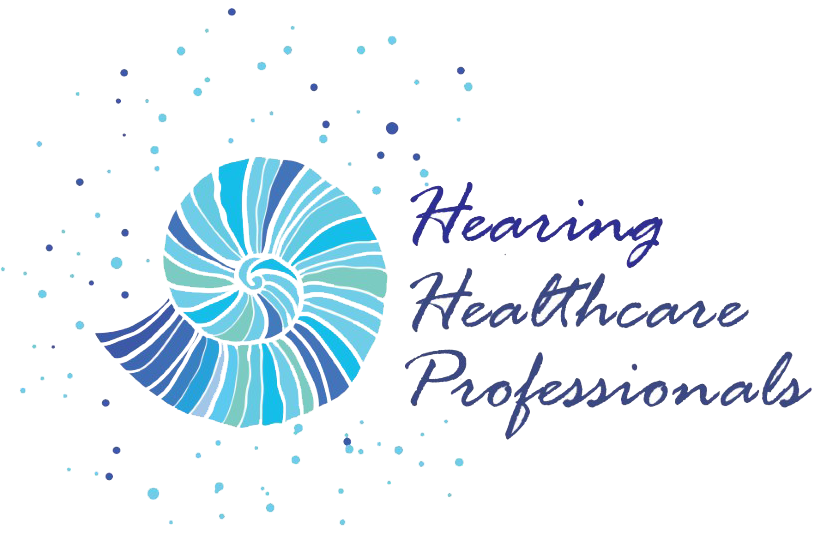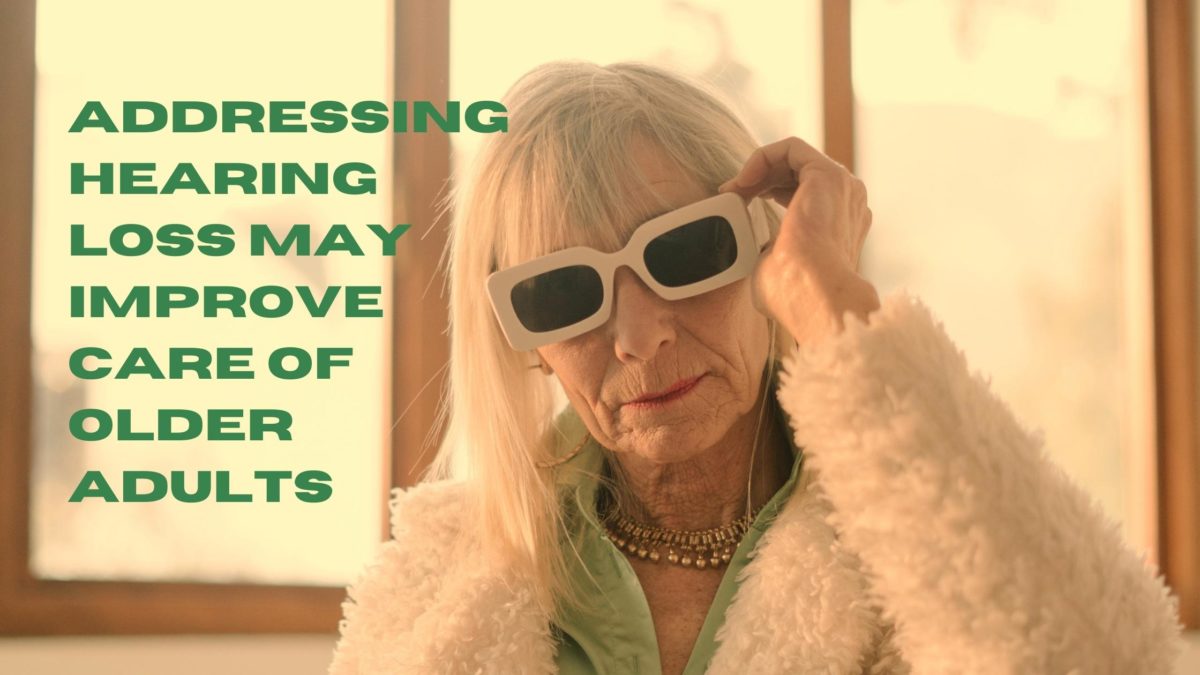Hearing loss is the third most common medical condition that older adults live with today. Impacting an estimated 48 million people, only one third of older adults with impaired hearing actually receive treatment according to the National Institute on Deafness and Other Communication Disorders (NIDCD). The NIDCD also estimates that nearly 29 million people could benefit from using hearing aids, highlighting how pervasive untreated hearing loss is.
Untreated hearing loss produces a range of symptoms that can cause significant strain in daily life. Completing ordinary tasks, engaging in conversations, and managing professional responsibilities can be challenging with impaired hearing that remains untreated. Addressing hearing loss not only enhances hearing health but can significantly improve care of older adults.
Hearing Loss & Older Adults
Age is the strongest predictor of hearing loss which means that it impacts older adults disproportionately. According to the NIDCD, nearly:
- 25% of people ages 65-74 have hearing loss
- 50% of people who are 75 and older have hearing loss
Age related hearing loss is known as presbycusis and often impacts both ears. This type of hearing loss usually occurs gradually and can be caused by several factors including:
- existing medical conditions: there are several medical conditions that can contribute to the development of hearing loss. This includes cardiovascular disease, diabetes, and hypertension.
- exposure to loud noise: one time or consistent exposure to loud noise can damage the hair cells in the inner ear. These hair cells help translate soundwaves that are then sent to the brain to further process. Loud noise can cause them to lose sensitivity and/or die, leading to permanent hearing loss.
- changes to the ears: people can experience changes to the ears over time. This can include growths and changes to bones in the ear which impact how sound is absorbed and processed.
Hearing loss reduces the capacity to detect and process sound which not only strains communication but can take a toll on all aspects of life.
Impact of Hearing Loss
Though it is pervasive, hearing loss is often undertreated and underdiagnosed. Among adults ages 70 and older with hearing loss, fewer than 1 in 3 has ever used hearing aids. Untreated hearing loss results in experiencing symptoms that impact health, relationships, safety, and care. Untreated hearing loss can lead to:
- Strained communication: hearing loss symptoms can be experienced mildly to profoundly, making it difficult to navigate conversations. Reduced capacity to hear presents various challenges for effective communication. People with untreated hearing loss often struggle to completely hear everything said, have to overextend themselves to try to hear, and may ask others to repeat themselves. This can lead to miscommunication, fatigue, and frustration.
- Social withdrawal: strained communication can take a toll on interactions with others which can lead to social withdrawal. People may avoid social activities, spending time with family and friends, and skipping out on gatherings. This can create distance and tension in relationships as well as erode social life.
- Overall health decline: untreated hearing loss increases health risks. It can increase the risk of experiencing cognitive decline, accidental injuries, and depression. Extensive research shows that hearing loss also happens in the brain, impacting cognitive function. This can lead to developing conditions like Alzheimer’s.
The best way to alleviate symptoms and the effects of hearing loss is through treatment.
Benefits of Treatment
Treating hearing loss offers life-changing benefits that can improve care of older adults. The most common treatment for hearing loss is hearing aids which offer ample support that maximizes hearing capacity. Hearing aids are electronic devices that are designed to absorb and process sound, making it easier to hear and navigate spaces. This provides numerous benefits including:
- Strengthens communication: hearing aids alleviate hearing loss symptoms, increasing hearing ability. Being able to hear more clearly allows people to participate in conversations with greater ease. Hearing aids significantly help facilitate effective communication.
- Increases spatial awareness: greater capacity to hear also increases spatial awareness. People are able to better detect potential hazards in their environment, hear others, and move through environments safely.
- Improves overall health: treating hearing loss also enriches social life by supporting people through conversations and social interactions. This is great for one’s mental health and wellness. Additionally, hearing aids improve cognitive functions, strengthening brain health.
These benefits support communicating needs, understanding information, and overall health which is necessary for quality health care. Take the first step toward improving your hearing health today by contacting us to schedule an appointment for a hearing test!

